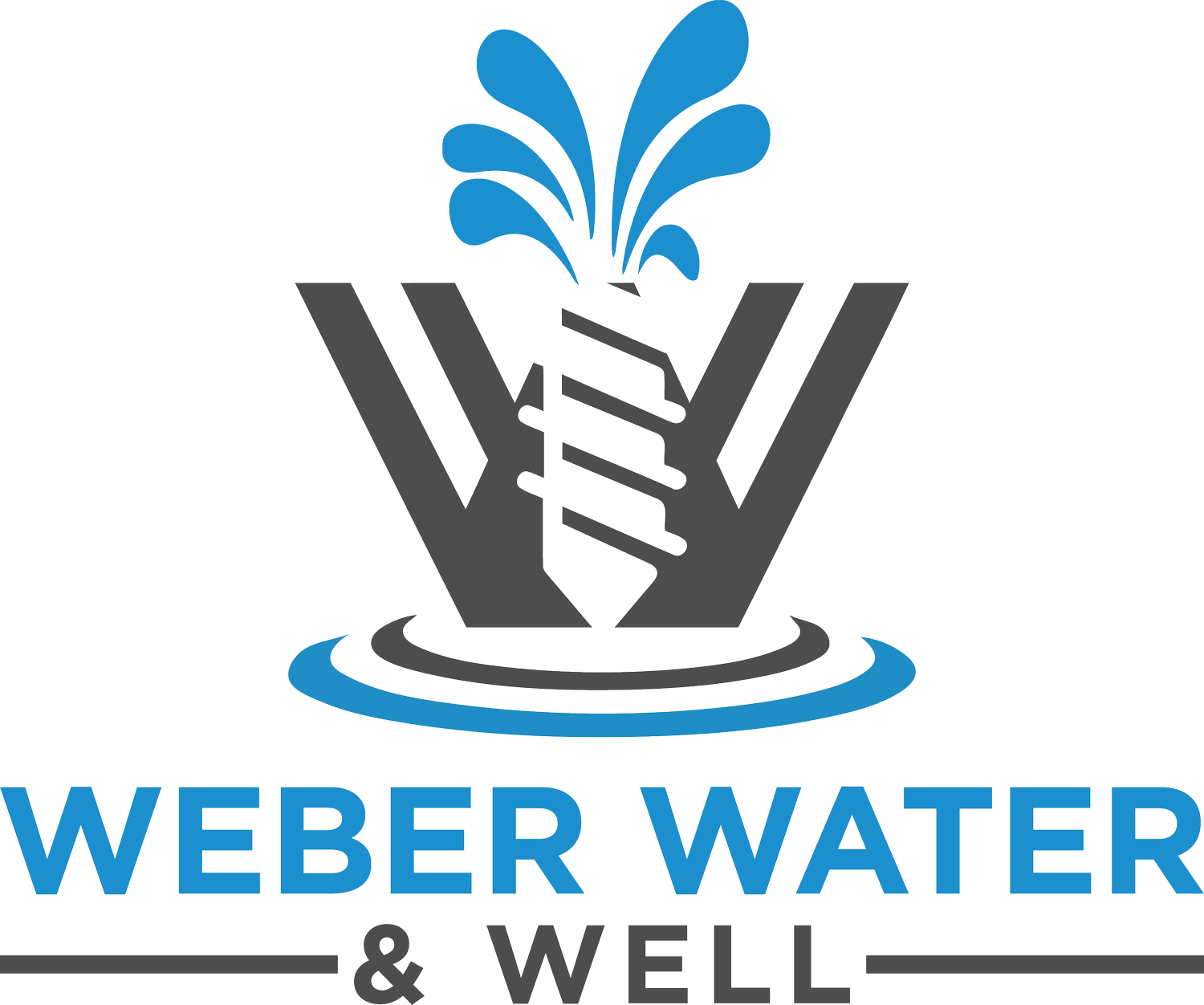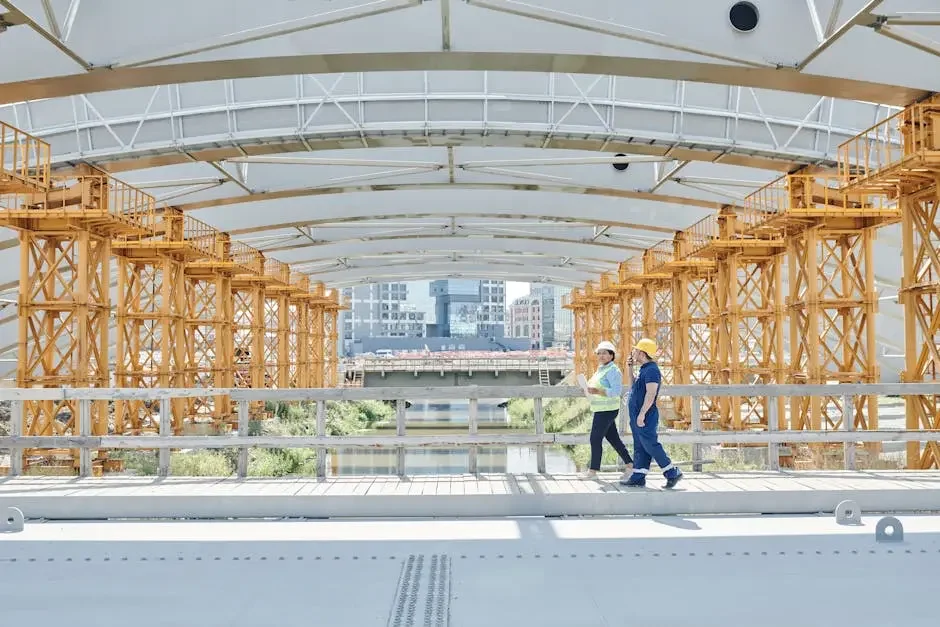10 Signs It's Time to Consider Water System Upgrades
If you live in an area where water quality is essential or you simply want to ensure your plumbing works smoothly, recognizing when to upgrade your water system is crucial. Here are ten signs that it might be time to consider making some changes.
1. Frequent Water Pressure Drops
Experiencing low water pressure is not just an inconvenience; it can point to bigger issues within your plumbing system, suggesting that an upgrade might be necessary. Imagine stepping into your shower, hoping for a rejuvenating experience, only to be greeted by a weak stream of water. That frustration is often about much more than just comfort. Over time, consistent low pressure can signal hidden leaks or blockages in your pipes, areas of concern that are not visible to the naked eye.
Your home deserves better! Before dismissing this as a minor issue, take note of how often it occurs. If you find yourself battling fluctuating pressure frequently, it’s time to bring in a professional to assess your water system. They can diagnose the root of the problem and recommend necessary upgrades to ensure that every drop is delivered with the pressure it should have.
2. Unpleasant Odors from Water
If your tap water has an unusual smell, it might indicate contamination or stagnation, signaling the need for a water system upgrade. You might notice a sulfurous, rotten egg smell when you turn on the faucet, which is more than just unpleasant; it’s a clear sign that something is wrong. This odor often indicates a problem with your water supply that should never be ignored.
The presence of any odor means your water quality could be compromised. It's important to get your water tested, and once you recognize the issue is systemic, don’t hesitate to consider the upgrades necessary to restore your water’s freshness and safety.
3. Rusty or Discolored Water
Water that appears rusty or discolored is a telltale sign of corroded pipes, necessitating a review and possible upgrade of your water system. You may notice a brownish tint when filling your glass or while running a bath. This not only looks unappealing but could also pose health risks. The presence of rust in your water indicates that the metal pipes are deteriorating, which can send harmful metals leaching into your drinking water.
Upon noticing discoloration, the wise course of action is to stop drinking the water until it is addressed. Turning to a plumbing professional is essential in understanding the state of your system. Upgrading may involve replacing old pipes to ensure clarity and safety in your water supply.
4. Increased Water Bills
If you've noticed a spike in your water bills without a clear reason, there could be leaks or inefficiencies in your system that may require upgrading. A sudden increase can often signal unnoticed issues, such as drips, leaks, or even inefficient appliances that are no longer functioning as they should. This uptick in expenses can be frustrating, especially when you can’t pinpoint how or why it’s happening.
Take a closer look at your water usage. Monitoring your regular patterns can help identify any unusual spikes. If you can't track it down, an upgrade could include installing water-efficient appliances or addressing plumbing concerns that are driving up those bills.
5. Frequent Repairs Needed
Constantly fixing leaks or other issues can be a drain on time and finances, indicating that upgrading your water system may be a more cost-effective solution. If you find that your toolbox is consistently being put to use for plumbing repairs, it might be time to analyze the bigger picture.
Each repair can become costly over time, and the hassle of repeated maintenance doesn’t have to be your reality. Instead of patching up old problems, investing in an upgrade can lead to long-term savings and peace of mind. A professional can assess your system to determine whether it's worth the effort to fix continuous failures or to invest in a complete overhaul.
6. Scaling on Fixtures
If you notice a chalky white buildup on faucets and fixtures, it may signal hard water issues that can often be resolved with a water system upgrade. This buildup can inhibit the performance of faucets and showers, making them less efficient and less appealing. Plus, it’s unsightly! If hard water deposits are becoming a nuisance, addressing the underlying water hardness with a system upgrade could bring you both cleaner fixtures and better water quality.
7. Slow Drainage
Slow draining sinks and tubs can indicate blocked pipes or an outdated system, making it a good time to consider an upgrade. There’s nothing more frustrating than standing in a pool of water while trying to wash dishes or take a shower. This issue can stem from various problems, including clogs, poor pipe design, or even older plumbing systems that simply can’t keep up with your current needs.
Addressing slow drainage sooner rather than later not only improves your experience at home but can also prevent larger problems in the future. A simple upgrade or a thorough plumbing inspection can pinpoint the issue and help you reclaim your time and convenience.
8. Old Pipes
If your home has old plumbing, especially lead pipes, upgrading your water system can significantly enhance safety and quality. Homes built several decades ago often used materials that are no longer considered safe. If you’ve inherited a plumbing system with vintage piping, the time to assess its condition is now.
Outdated piping systems are a hidden danger, potentially leaching toxic substances into your water. Consider this: investing in new pipes could not only improve your water quality but also increase the value of your home. Don't wait until you're facing serious consequences; proactive upgrades can protect both your family and your property.
9. Water Quality Issues
Regular concerns regarding the color, taste, or odor of your water should prompt an evaluation and possible upgrade to your water system. If each sip of water feels like a gamble, it’s time to take action. The quality of your water impacts your health and daily life, so why not ensure it meets your expectations?
Testing your water can shed light on potentially hazardous contaminants. Once you identify the issues at hand, educating yourself about the options for upgrading to a system that provides clean, refreshing water is key to improving your quality of life.
10. Planning a Home Renovation
If you're planning to renovate, this is the perfect time to assess and upgrade your water system to ensure it meets current needs and standards. Often, renovations can be a significant financial investment—why not take the opportunity to also enhance the efficiency and safety of your water supply?
By integrating modern appliances and plumbing fixtures during your renovation, you can create a cohesive and functional living environment. Plus, with the right upgrades, you can improve water flow, quality, and overall efficiency, ensuring your home is prepared for the future.


